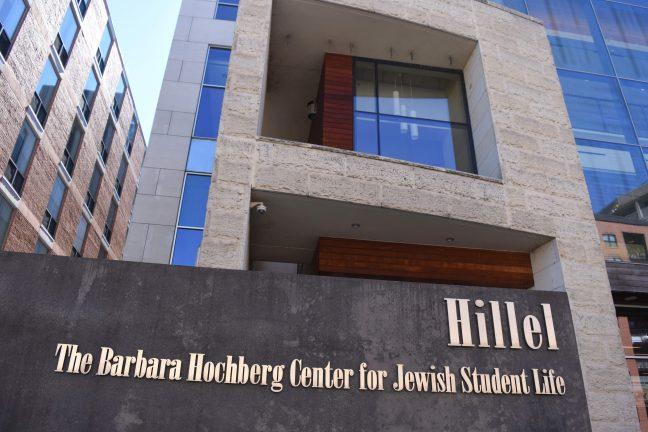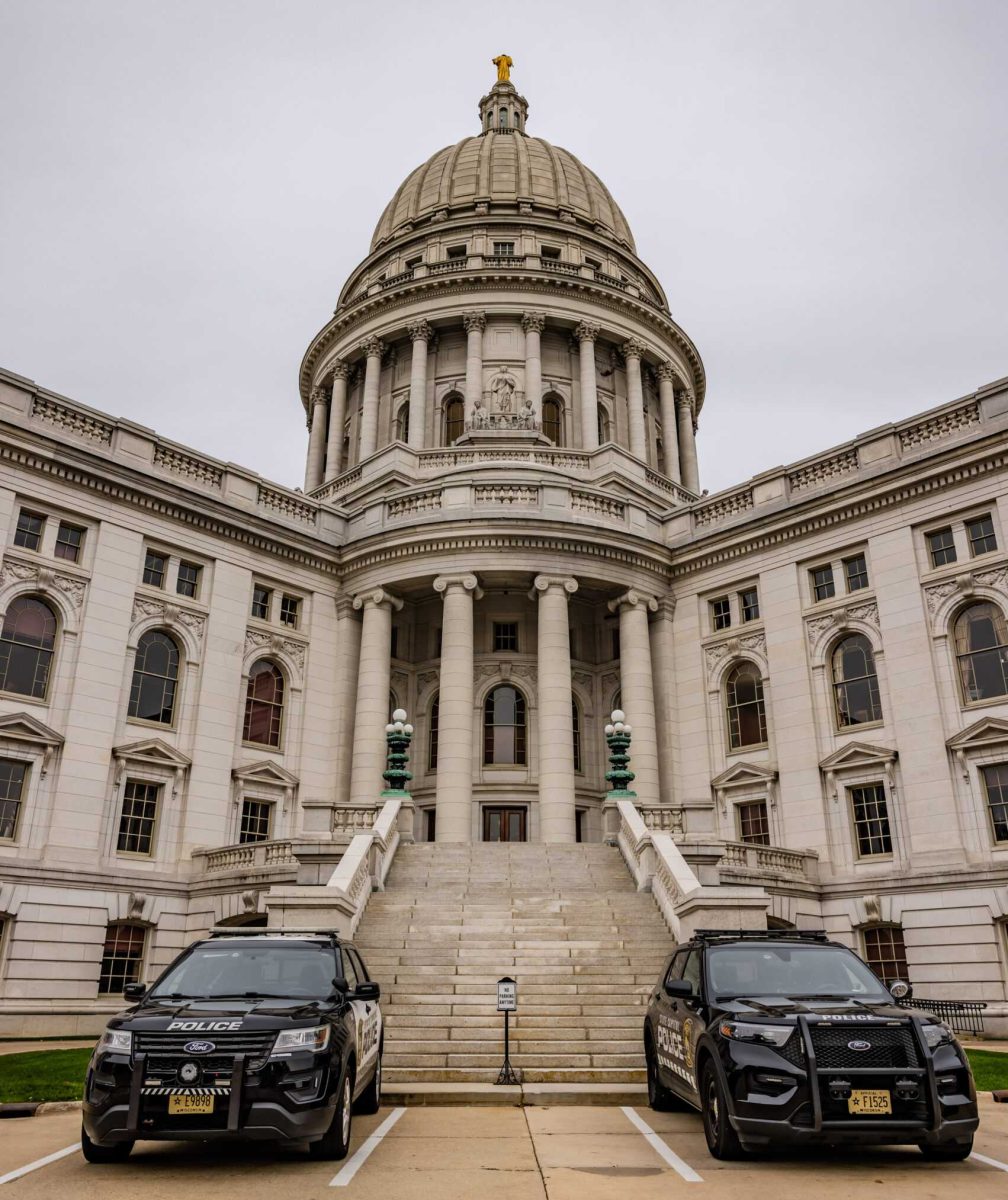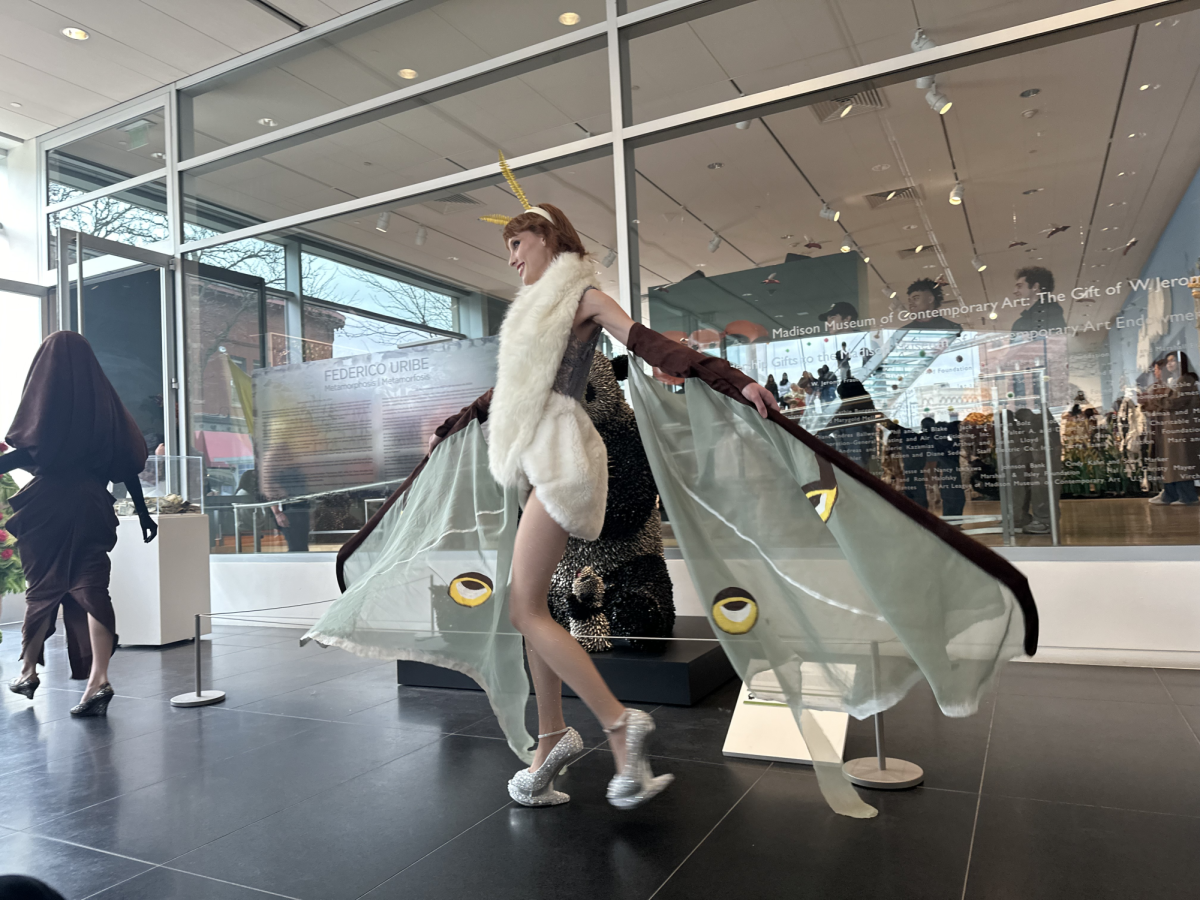A report from the Anti-Defamation League recorded a 57 percent rise in anti-Semitic incidents throughout the U.S. in 2017.
The organization refers to this figure as “the largest single-year increase on record” and counts it as the highest number of incidents since 1979.
University of Wisconsin sociology Professor Pam Oliver saw the rise in anti-Semitic incidents as indicative of a broader surge in organized hate groups ongoing for a number of years now. She pointed to polls indicating an American public with increasingly anti-immigrant and anti-minority views.
“It is my impression that anti-minority groups and vocal expressions have been rising for some time now,” Oliver said.
Oliver speculated that the election of former President Barack Obama in 2008 stoked the flames for the white nationalist and white identity movements — groups that espouse extreme anti-Semitism — to make a slow rise over the last decade.
Oliver believes the rise in anti-Semitic incidents reflects the emboldening of individuals espousing anti-minority views to enter into mainstream political discussion.
“We do have a polarized world in which we make extreme statements about other people,” Oliver said. “There is definitely a polarized rhetoric that is providing kind of a national conversation within which anti-minority statements are normalized in public discourse.”
Experts point to President Trump’s election as reason for nationwide increase in hate groups
Last year in Wisconsin alone, the ADL reported 31 anti-Semitic incidents. Among these were the four high-profile bomb threats directed at the Jewish Community Center in Milwaukee. Other incidents involved threatening, violent letters and the flying of Nazi flags, as Shorewood Patch reported.
There also appears to be a trend wherein these anti-Semitic acts are most commonly taking place.
The ADL report indicates an 89 percent rise in these incidents specifically on American college campuses in 2017. In Wisconsin, approximately one-third of last year’s incidents took place at K-12 schools and college campuses, according to Shorewood Patch.
UW’s campus is not immune to the data’s findings. Numerous instances of anti-Semitic vandalism have taken place over the last several years, including swastikas drawn on multiple doors in Sellery Residence Hall in September 2016 and swastika graffiti spray painted on a memorial near the synagogue Gates of Heaven in September 2017.
UW officials respond to swastika ‘bias incident’ in campus dorm
Rabbi Andrea Steinberger of UW Hillel, a center of engagement for Jewish students at the university, addressed these incidents and admitted it can be very difficult for Jewish students to come to terms with them.
“Many times Jews, especially on a college campus, are surprised and unprepared when somebody refers to the Jews as a collective with hatred and violence or to the Jewish people as an ‘other’ in a critical way,” Steinberger said.
Steinberger described Hillel’s mission as an open, multicultural space invested in bridging gaps in cultural understanding of Judaism on UW’s campus. Steinberger cited the center’s engagement with other student groups, churches and synagogues in the Madison area.
Steinberger also mentioned UW Hillel’s participation in a seminar called “The Necessity of Now” in Washington DC. Hillel sent a group of UW students of different origins, ethnicities and faiths there to take part in sessions discussing multicultural perspectives on a variety of contemporary political issues like immigration and gun control.
“We want to provide a space where students can share and learn about each other’s personal and cultural narratives and commit to a deeper understanding of themselves and each other,” Steinberger said.
UW Hillel hosts discussion about sexual assault on campus, in Jewish community
Misunderstanding and fractures in these shared narratives are endemic to acts of hate, Oliver said. A key motivator for hateful aggressors is a misperception of their minority targets as hostile or enemies.
“Rhetoric that polarizes and makes you feel like the other side is so bad that you should try to drive them out of the society is going to make you feel fearful and angry,” Oliver said.
Steinberger acknowledged combating this kind of misunderstanding can be challenging.
Steinberger invited UW students to try visiting Hillel for their weekly Shabbat dinner, which non-Jewish students often attend as well.
“Students know that everyone is welcome,” Steinberger said. “It’s an opportunity for them to observe a cultural experience with openness and no pressure. I think it allows some of the barriers of otherness to fall away so that people can say who are the Jewish people and ask any questions they wish to ask.”


















